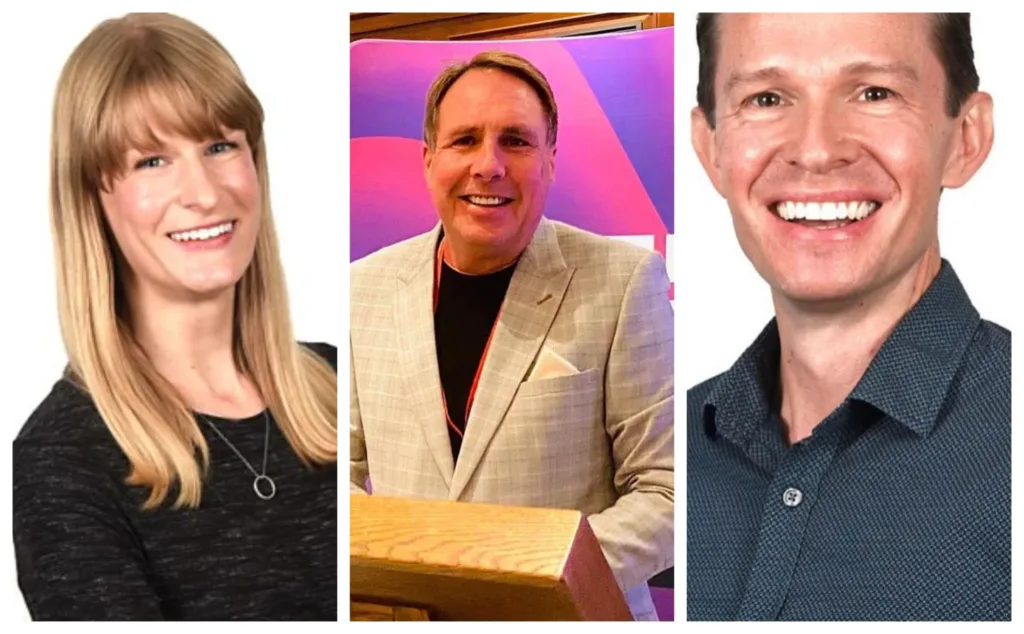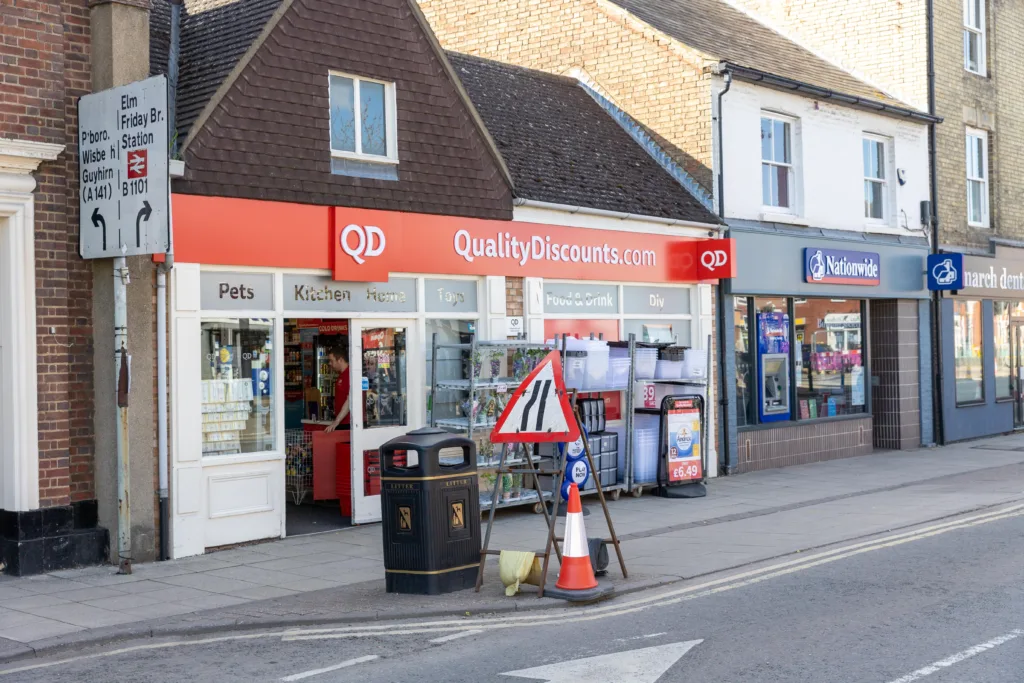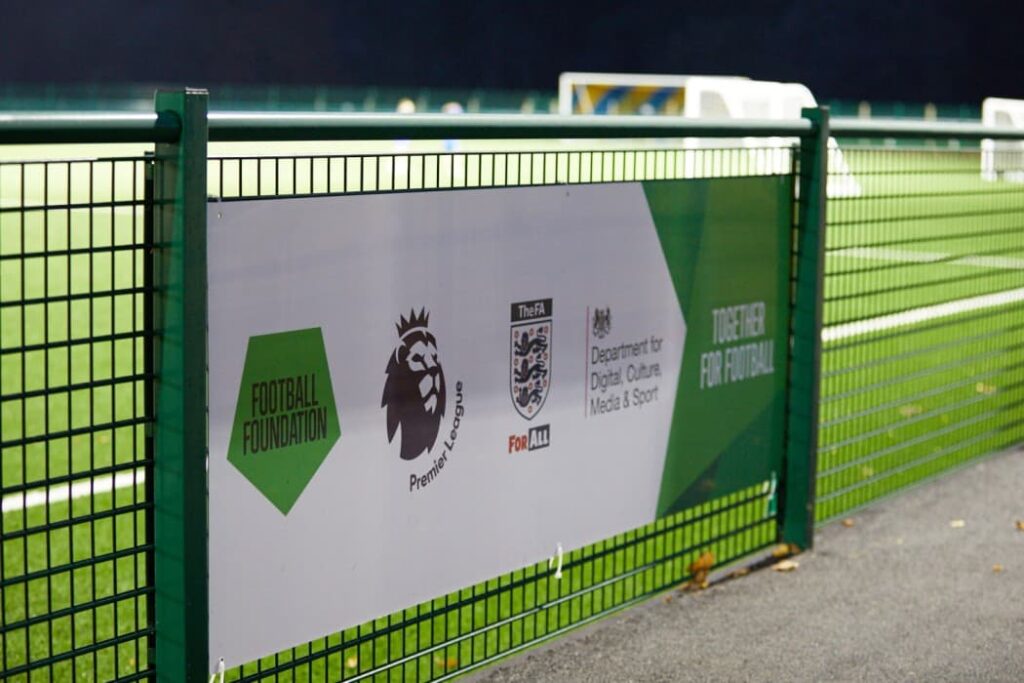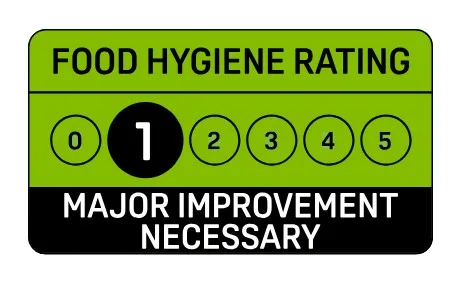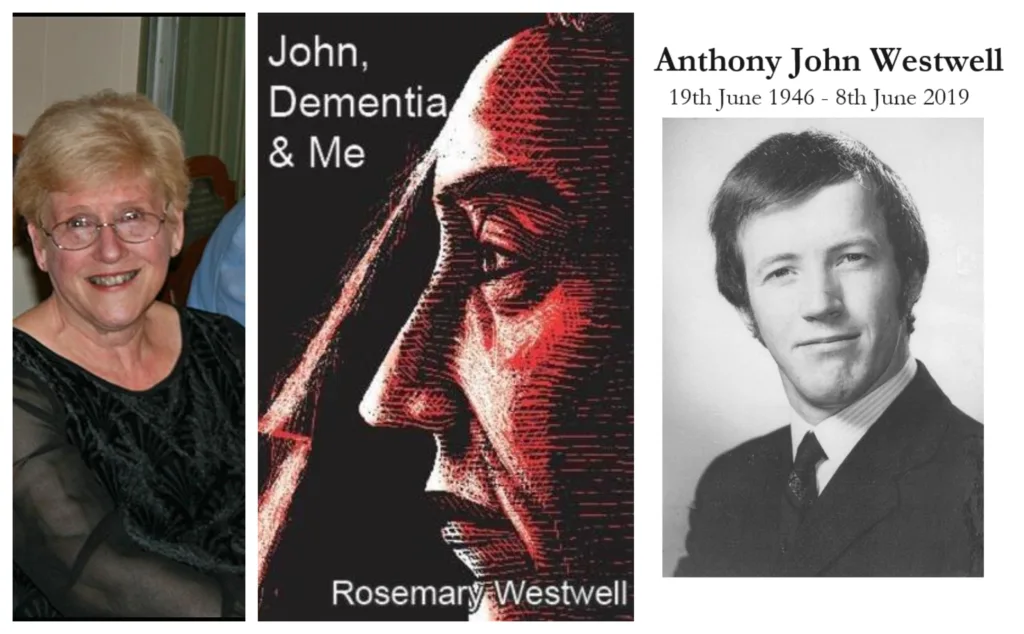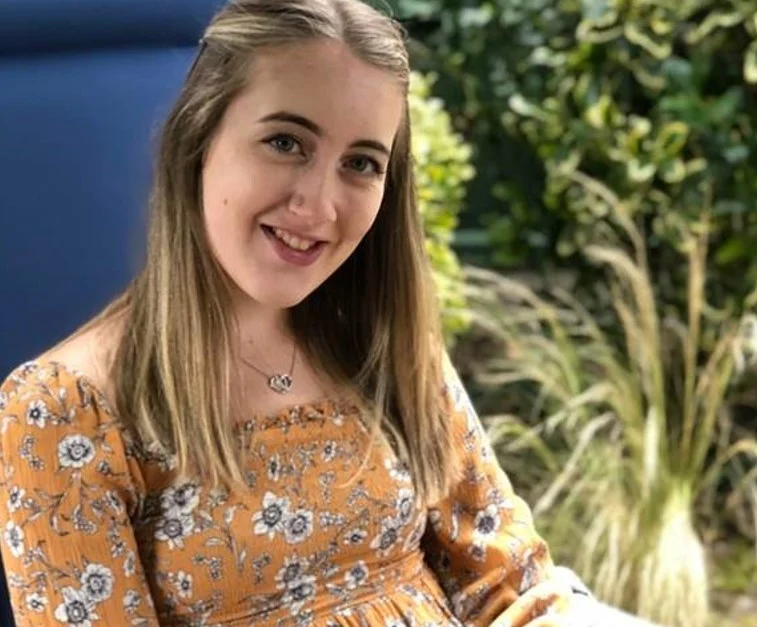by Nigel Pauley
Liz Truss broke her silence on the collapse of the pound by doing the round of local BBC Radio stations.
There was much patronising raising of eyebrows from the snooty London-based political journalists, who felt *they* should get the big chat firsts.
But, if, she thought it was going to be a gentle early morning jog in the park, our new Prime Minister was very soon brought down to earth with a thump.
Local radio presenters showed no mercy as they demolished her trite sound bites and refusal to answer a straight question.
Her eight early morning radio interviews made headlines and dominated social media – for all the wrong reasons.
We may not have realised it then but what we were witnessing was the beginning of the end of Truss’ tenure at Number 10.
Those car crash interviews with Radio Leeds, Norfolk, Kent and Teeside were heard by many more millions than normally tune in.
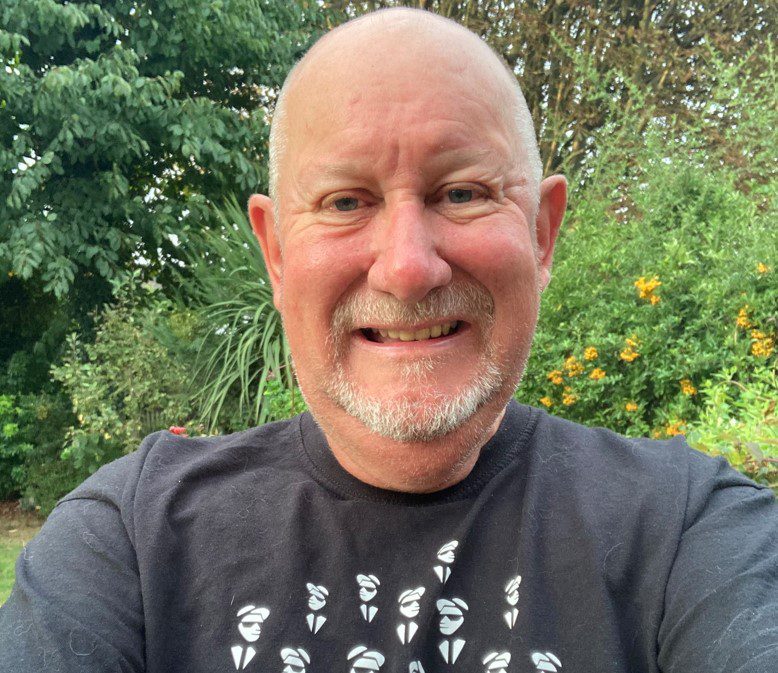
If ever there was proof that BBC local radio could still pack a punch this, was it.
So, what did the BBC executives do?
Surely, they would recognise what gems these radio stations were and pour money and resources into them?
Well, no, quite the opposite.
Within weeks they were announcing swingeing cuts to local radio stations, across the UK.
Many, it was claimed by the Guardian’s media editor Jim Waterson, would see just a breakfast show and lunchtime show of “local content.”
BBC officials have since denied this – insisting that 6am-2pm local output would remain – though it does not bode well for the other 16 hours.
Locally we are already coming to terms with losing the dedicated BBC Look East (West) bulletins from Cambridge.
Now BBC Radio Cambs is also threatened – the home of Chris Mann, Jeremy Sallis, Dotty McLeod, and Louise Hulland.
Already we have seen the rapid demise of local newspapers from serious sources of local news into trite purveyors of clickbait content with a more national appeal.
I do spare the excellent Cambridge Independent from that criticism. We really should cherish this weekly from the Iliffe family stable.
Ironically, it was the BBC’s huge investment into the digital content which is blamed by many in the media for hastening the demise of local newspapers who could not compete with the Beeb’s deep pockets.
To lessen their guilt about the devastation they had unwittingly caused, the BBC invested in a tranche of Local Democracy Reporters across the country – we have two in Cambs – covering politics and providing content for local news outlets.
Now, in the dog-eat-dog world of the media, it is the local BBC radio stations themselves under threat.
Added to that the independent radio stations have gone all global – removing local content in favour of national content.
Of course, it makes business sense too bean counters – but it short changes us, the listeners.
You might ask, why should we bother? The BBC is having to make cuts and the local radio stations just do not attract the listening figures anymore.
It is their priority to give us best value for our £159 licence fee.
But, as my friend and former BBC Radio Cambridgeshire presenter Paul Stainton pointed out, executives have been draining all life from the stations.
They have lost touch with their core audience and shed countless presenters who did not fit the safe but dull template.
It matters because we need local programmes with the time to devote to big local issues – like the Stagecoach bus cuts, Cambridge congestion charge plan and the problems caused by over-development on our precious water resources.
We need local politicians to be held to account.
We need the mayor of Cambridgeshire and Peterborough Dr Nik Johnson to explain why he has made decisions.
We need council leaders to be quizzed on decisions they make which affect all of us.
Having been on the end of a grilling from the brilliant Ben Schofield of Look East I know that it is not something you enjoy.
However, like all BBC reporters and presenters I have had dealings with, Ben, Dotty, Chris et al, are scrupulously fair. If a little firm!
Already we have seen local newspapers stopping having dedicated reporters covering local politics.
Without this scrutiny we lose transparency – we will be fed bland press releases from the local authority comms teams, printed word for word without question.
Without this scrutiny, unscrupulous politicians will be using Twitter and other social media platforms, to peddle even more half-truths and fabrications than some of them do now.
That is why it is so important for the BBC to have a strong local presence.
My solution would be for the BBC to get back to its roots. To stop thinking big and get back to thinking smaller.
Allow presenters to display more of their personality – and to go off piste rather than stick to a rigid template.
Recognise that listeners may be older – than BBC executives would wish – or working from home.
Set play lists to reflect the more mature musical tastes. Cut a lot of the floss and stick to local issues affecting listeners and get as many local voices on air as possible.
People have pride in the place they live. The BBC should reflect that pride and its radio station should be proud to deliver quality output centring on local issues.
But most importantly of all the BBC should be investing more in local radio stations – not cutting them and giving us less content from the places where we live!
EDITOR’S NOTE: Nigel Pauley is an occasional columnist for CambsNewsOnline


